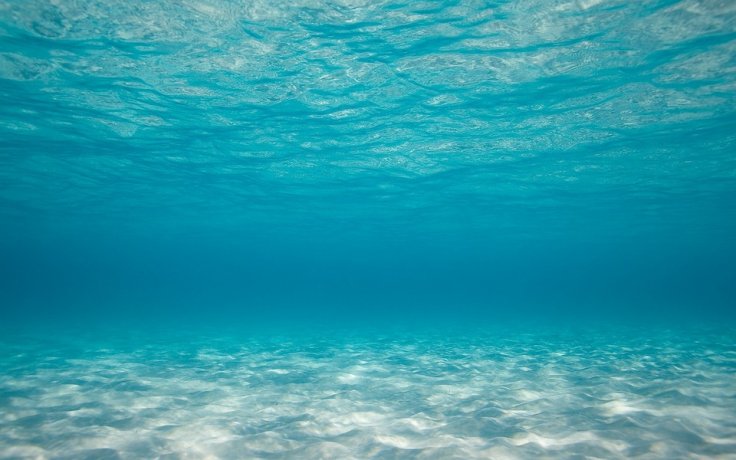
A new study conducted by researchers at The Pew Charitable Trusts and SYSTEMIQ has suggested that the size of plastic wastes in oceans could triple by 2040, and this could drastically impact marine ecology. Researchers also suggested that drastic measures should be taken to combat this trend, as the tripling of plastic wastes in oceans could affect the lives of several marine species.
Marine Ecology to Suffer
According to the new study report, 29 million metric tons of plastic waste will enter the ocean each year, up from 11 million metric tons, and it indicates tripling of ocean wastes in the next two decades.
The study report also suggested that the coronavirus outbreak, which is currently spreading chaos in all nooks of the world, has also contributed to the increase in plastic waste disposal in oceans.
"COVID-19 has presented additional challenges in the fight to end ocean-bound plastic pollution, as single-use plastic consumption has increased during the pandemic," wrote the researchers in a recent statement.
How to Reduce Plastic Pollution in Oceans?
Researchers also revealed that reducing plastics with other alternatives, designing packaging for recycling and expanding waste collection are some of the measures that can be adopted to cut off plastic waste pollution in oceans.
"There's no single solution to ocean plastic pollution, but through rapid and concerted action we can break the plastic wave. As this report shows, we can invest in a future of reduced waste, better health outcomes, greater job creation, and a cleaner and more resilient environment for both people and nature," said Tom Dillon, Pew's vice president for the environment.
A few weeks back, another study conducted by an international team of researchers had suggested that the seabed is witnessing the highest-ever concentration of microplastics. According to this study report, there are up to 1.9 million pieces of microplastics in a thin layer covering one square meter of the seabed.









